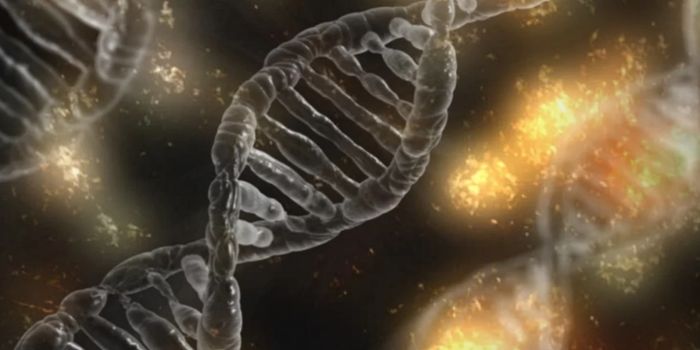Immunology
Mutated Gene Significantly Lowers Our Flu Defenses
MAR 27, 2015 10:25 AM PDT
Share
The father of us all lived about 239,000 years ago
 At least, that's what researchers have concluded after sequencing the genomes of 2,636 Icelanders.
At least, that's what researchers have concluded after sequencing the genomes of 2,636 Icelanders. A recent article by Arielle Duhaime-Ross in Verge discusses this and other findings of the huge Icelandic study, which was partly funded by the biopharmaceutical company deCode.
The estimate that our common male ancestor lived about 239,000 years ago contradicts past findings. A 2013 study from the University of Arizona estimated that the age of the father of all humans is about 340,000 years. But the 239,000 number makes more sense when you consider that humanity's most common female ancestor is estimated to have lived about 200,000 years ago.
The set of 2,636 whole-genome sequences used in the study is the largest ever obtained from a single population. Based on the sequencing data, the researchers were able to identify that genetic mutations play a role in everything from Alzheimer's disease to liver disease.
The age of the human species is significant because it is related to how diverse humans are, because the older a species is, the more time it has to develop mutations that differentiate individuals and populations from one another.
Results of the common ancestor study were published in the 25 March 2015 online edition of Nature Genetics.
You May Also Like
DEC 20, 2024
Genetics & Genomics
Some species of the parasite Trypanosoma brucei can a serious and deadly illness caused sleeping sickness. These parasit
...
Written By:
Carmen Leitch
JAN 20, 2025
Genetics & Genomics
Researchers have made a major breakthrough in our understanding of Huntington's disease. This genetic disorder has long
...
Written By:
Carmen Leitch
MAR 14, 2025
eBooks
From being a promising yet underexplored approach in the 1990s, mRNA therapeutics have evolved dramatically. The discove
...
Sponsored By:
LGC Biosearch Technologies
FEB 12, 2025
Genetics & Genomics
Huntington's disease is a neurodegenerative disorder that is usually fatal about 15 to 20 years after a patient is diagn
...
Written By:
Carmen Leitch
FEB 19, 2025
Genetics & Genomics
Decades ago, researchers showed that Down syndrome (also known as trisomy 21), was caused when individuals carried an ex
...
Written By:
Carmen Leitch
MAR 21, 2025
Plants & Animals
What steps can researchers take to combat crop viruses? This is what a recent study published in Nucleic Acids Research
...
Written By:
Laurence Tognetti, MSc
Loading Comments...








